The May 25 death of George Floyd, a Black man in police custody, set off international protests, community conversations and, perhaps, individual examination of conscience about racial justice in America. We asked members of the DePauw community: Will you share your reflections on George Floyd’s death, the aftermath or any aspect of racial justice?
Lala Tanmoy Das ’12 is an M.D.-Ph.D. student in a program offered by Weill Cornell Medicine, Rockefeller University and Memorial Sloan Kettering Cancer Center in New York City.
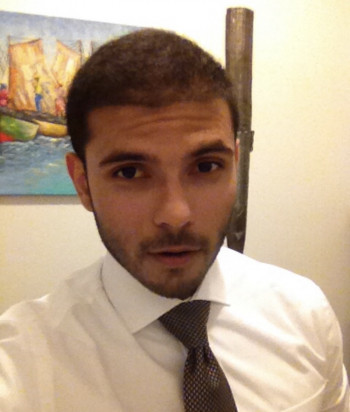 At our first lab meeting since the COVID-19 lockdowns were lifted, I sensed unease. After taking a seat at a large table, I noticed that no one seemed to want to sit next to me. As more people shuffled in, most of my labmates huddled on the opposite side of the table. Someone mentioned the “kung flu.” Another labmate “joked” that Asians really ought to be wearing masks, especially in small gatherings such as lab meetings. It took me a few moments to realize that – as the only Asian person in the room – they were likely talking about me. I know I should have been wearing a mask, but I wasn't the only person in the room without one.
At our first lab meeting since the COVID-19 lockdowns were lifted, I sensed unease. After taking a seat at a large table, I noticed that no one seemed to want to sit next to me. As more people shuffled in, most of my labmates huddled on the opposite side of the table. Someone mentioned the “kung flu.” Another labmate “joked” that Asians really ought to be wearing masks, especially in small gatherings such as lab meetings. It took me a few moments to realize that – as the only Asian person in the room – they were likely talking about me. I know I should have been wearing a mask, but I wasn't the only person in the room without one.
A few days before that, I was sitting in the building’s atrium with a Black colleague discussing an experimental method when a scientist from another lab joined us. Upon noticing my colleague’s Black Lives Matter pin, the scientist said, “You really ought to keep your politics at home.” We were both taken aback. Our visitor went on to declare that looting is not the right solution to George Floyd’s killing, that people need to get jobs instead of protesting all day and that Black people shouldn’t be so angry all the time. We sat there, appalled, but didn’t say anything.
On another occasion, a former co-worker asked me – as an immigrant – how I felt about President Donald Trump’s immigration bans. I said I wished immigrants weren’t constantly viewed as a threat to the economy because we have so much to offer, particularly in niche work sectors. The person’s response was along the lines of, “At least Silicon Valley will be less of a ‘brown town’ and give others a chance.” I laughed but felt seriously uncomfortable.
Why didn’t I speak up? Because I feared repercussions – and I’m sure I’m not alone in feeling that way. On the rare occasions when I have voiced my concern about racist comments, I’ve been told I am “too much of a social justice warrior.” I’m at a precarious point in my training, because I’m currently doing lab rotations, and I will settle on a Ph.D. adviser next year. Strained relationships with my colleagues may make it harder to find a permanent lab, or they may lead to poor letters of recommendation or lost authorship opportunities.
Yet racist comments, no matter how funny some people may think they are, should not be normalized and tolerated. I feel deeply unsettled that in the current political environment, some people – including some scientists – think it’s OK to say these things. And I wish early-career scientists like me felt more comfortable questioning them.
It will take action at all rungs of scientific institutions – from deans’ offices down to individual labs – to change the climate. We need more than a few hours of mandated online bias training to really mobilize a shift. Universities need to create safe spaces to discuss racial issues and microaggressions head-on – for example, by developing seminar series or journal clubs to educate the community about problems and to generate solutions. And science itself needs a culture change. We should commit to holding one another accountable for problematic behavior. When issues arise, institutions should have a clear procedure for filing grievances.
And, more broadly, there should be open and honest dialogue about the culture of intimidation and hierarchy in science. Universities and labs should seek actionable ways to flatten research team structures so that early-career scientists can feel empowered to speak up against problematic behavior.
Change is hard and takes time. Talking about racism with your colleagues is even harder. Mopping up centuries of racism that have percolated into everyday parlance will take a long time. However, science thrives when there are alternate perspectives. Now more than ever, we must acknowledge that and champion a culture of positive change.
From Science, July 17, 2020, Vol. 369, Issue 6501, page 342. DOI: 10.1126/science.369.6501.342. Reprinted with permission from the American Association for the Advancement of Science.
DePauw Magazine
Fall 2020
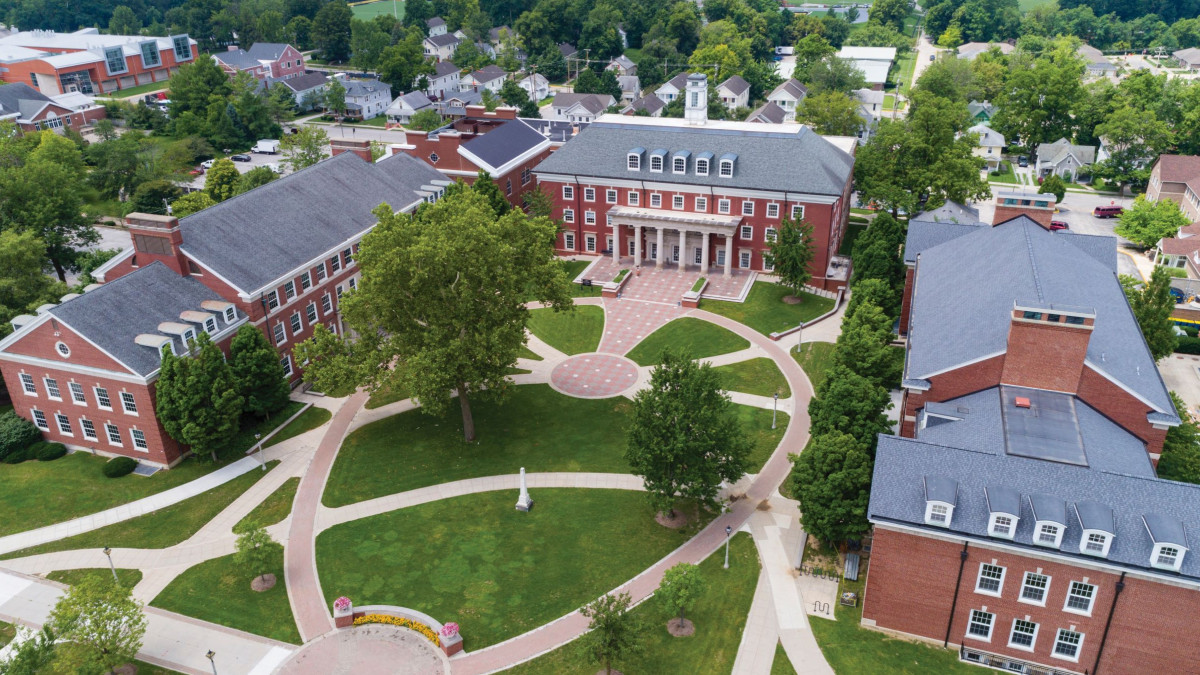 First Person: DePauw Nursing
First Person: DePauw Nursing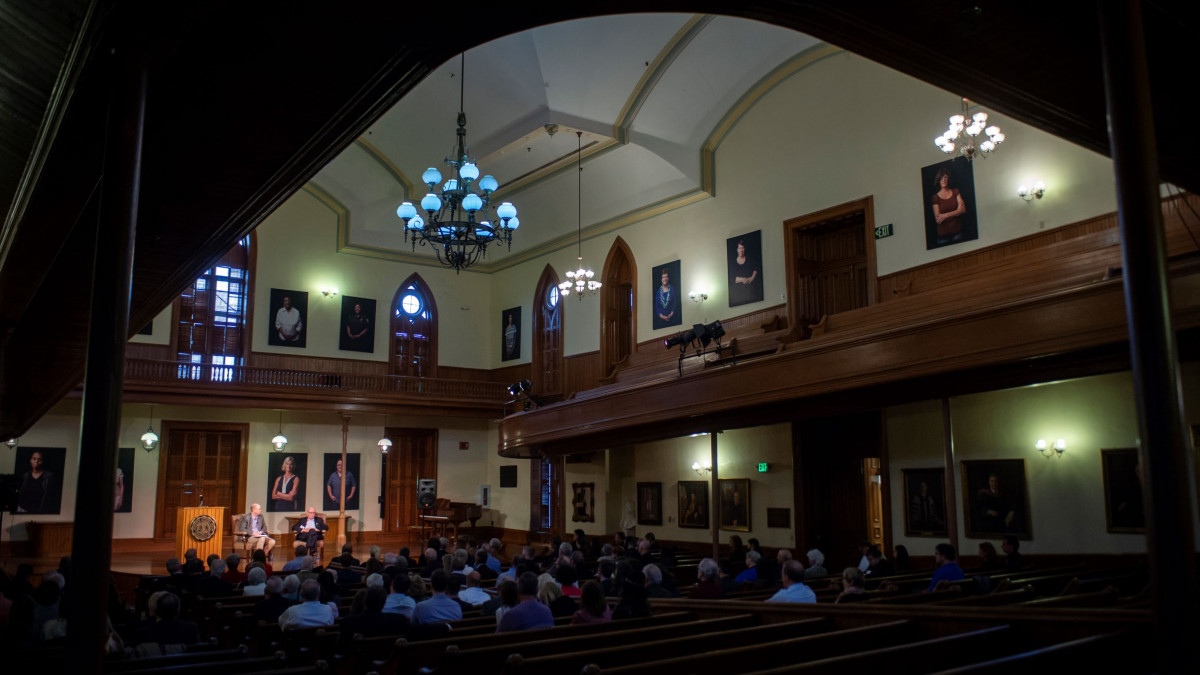 Old Gold: The president and the benefactor: Close friendship created an enduring legacy
Old Gold: The president and the benefactor: Close friendship created an enduring legacy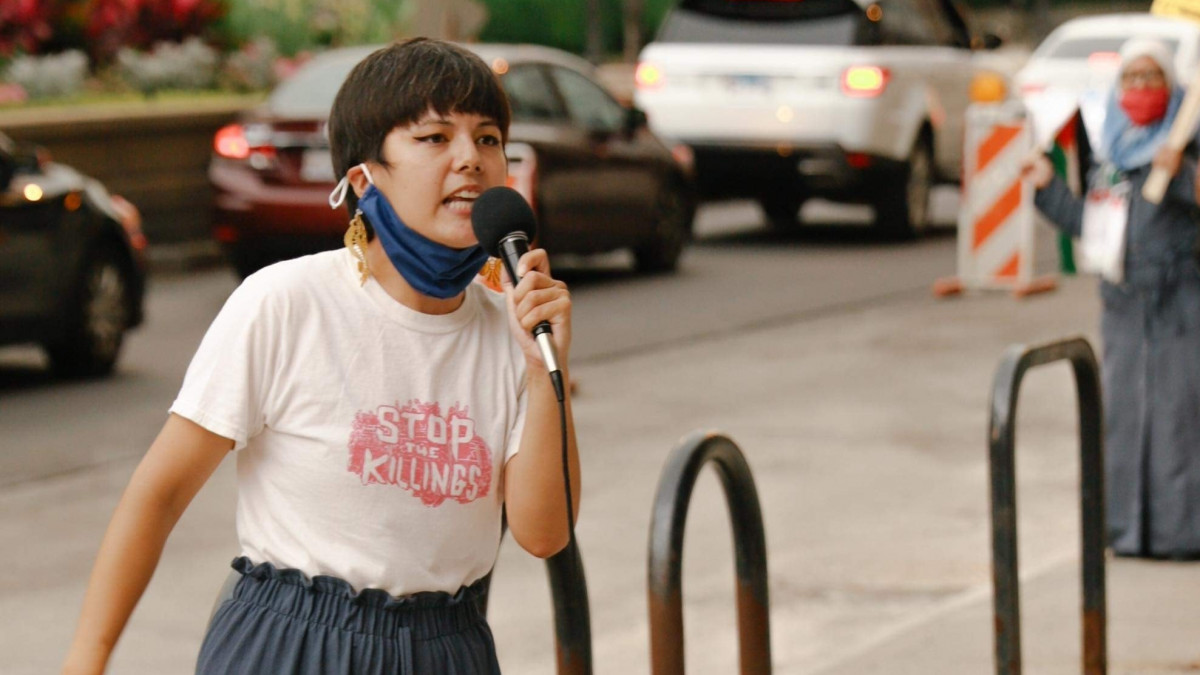 THE BO(U)LDER QUESTION: Racial Justice
THE BO(U)LDER QUESTION: Racial Justice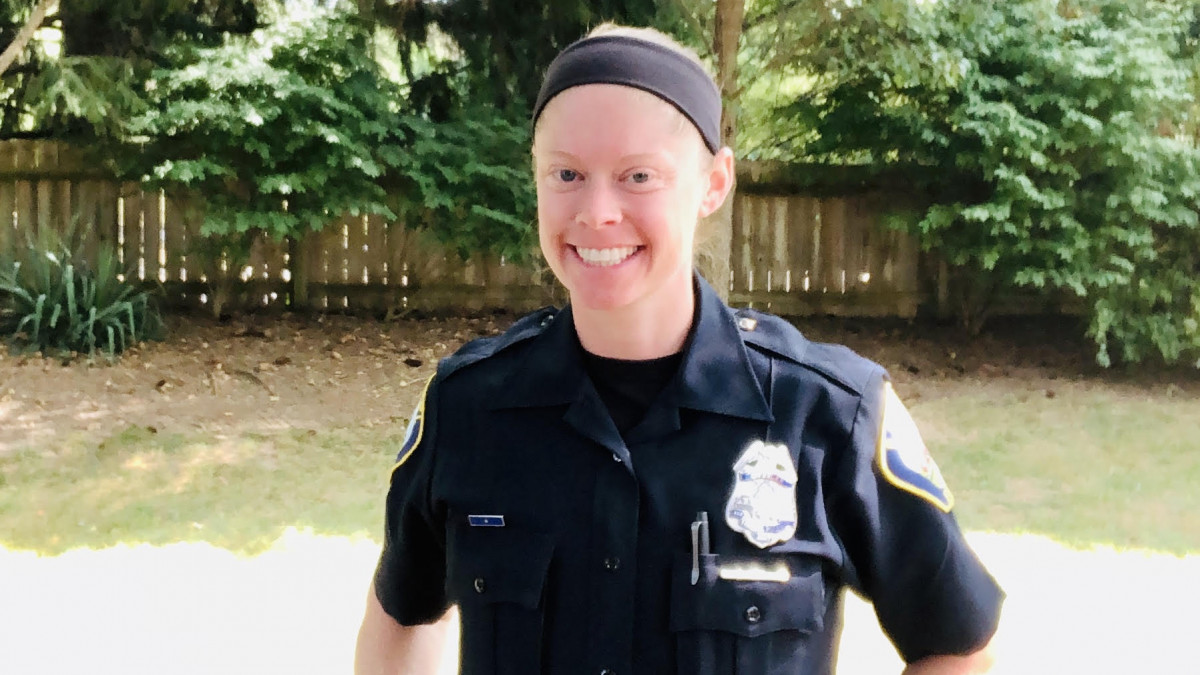 THE BO(U)LDER QUESTION: Racial Justice
THE BO(U)LDER QUESTION: Racial Justice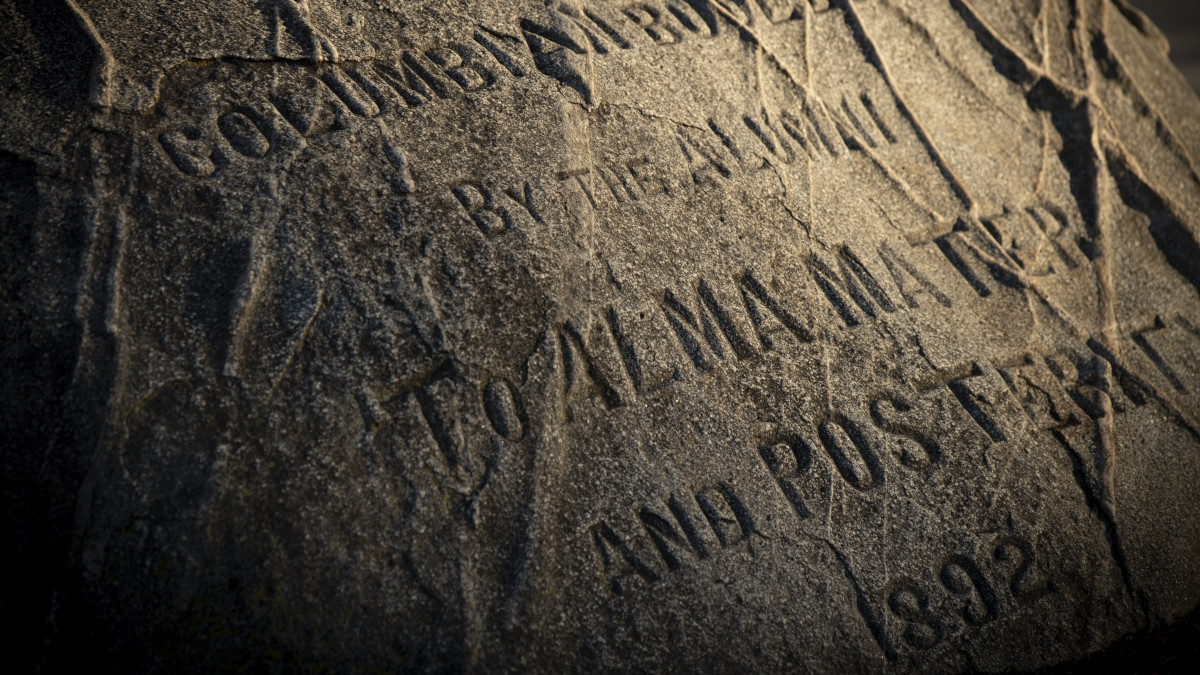 THE BO(U)LDER QUESTION: Racial Justice
THE BO(U)LDER QUESTION: Racial Justice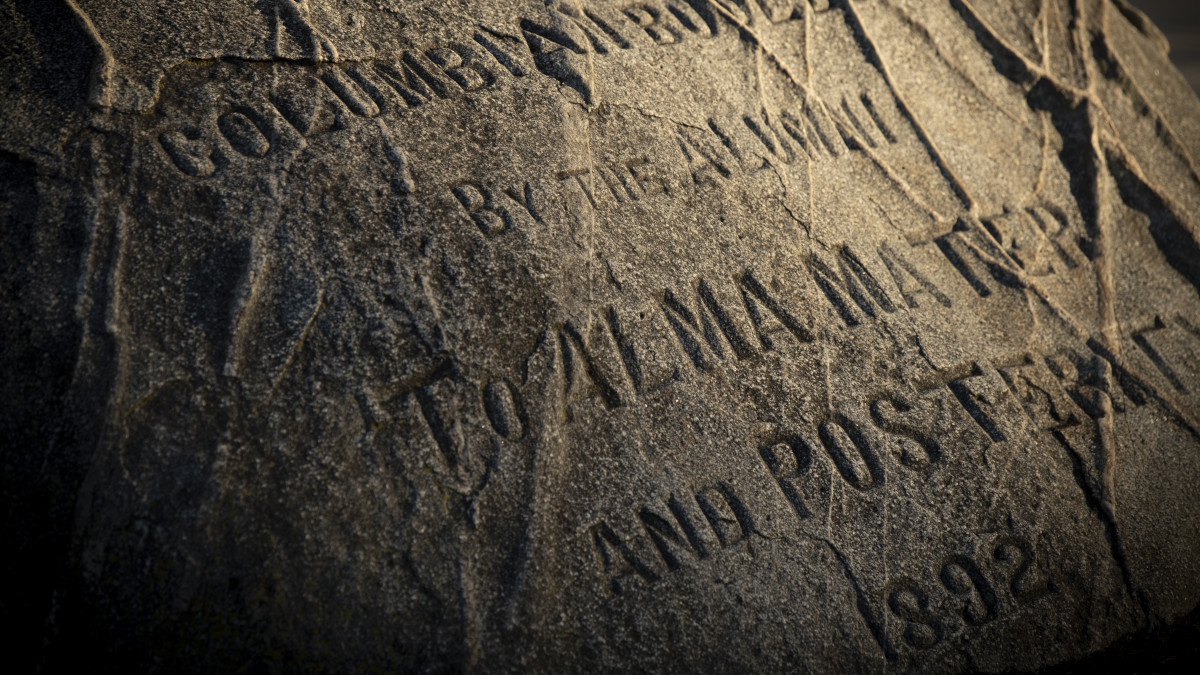 THE BO(U)LDER QUESTION: Racial justice
THE BO(U)LDER QUESTION: Racial justice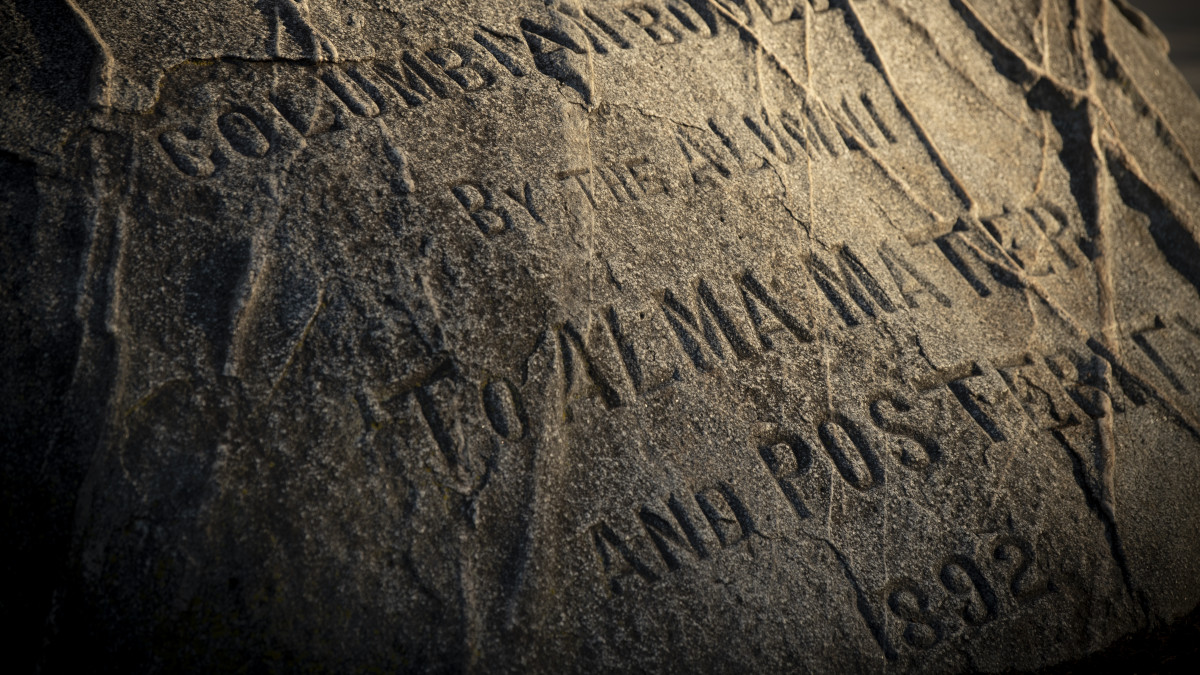 THE BO(U)LDER QUESTION: Racial Justice
THE BO(U)LDER QUESTION: Racial Justice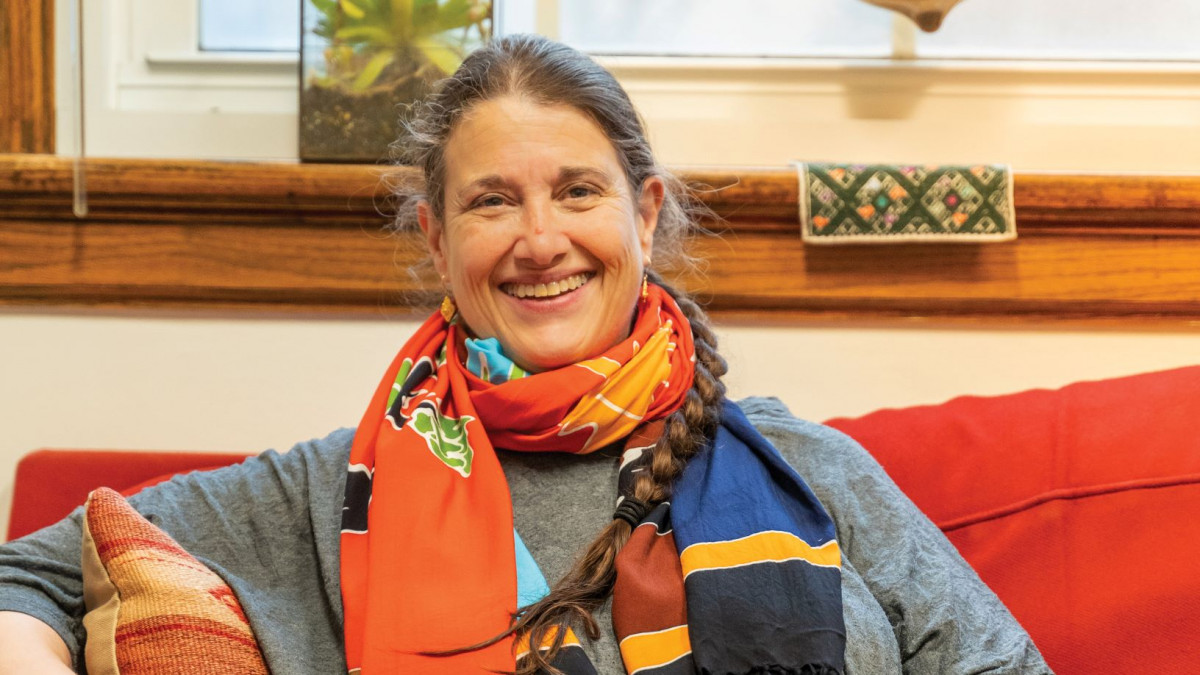 THE BO(U)LDER QUESTION: Racial Justice
THE BO(U)LDER QUESTION: Racial Justice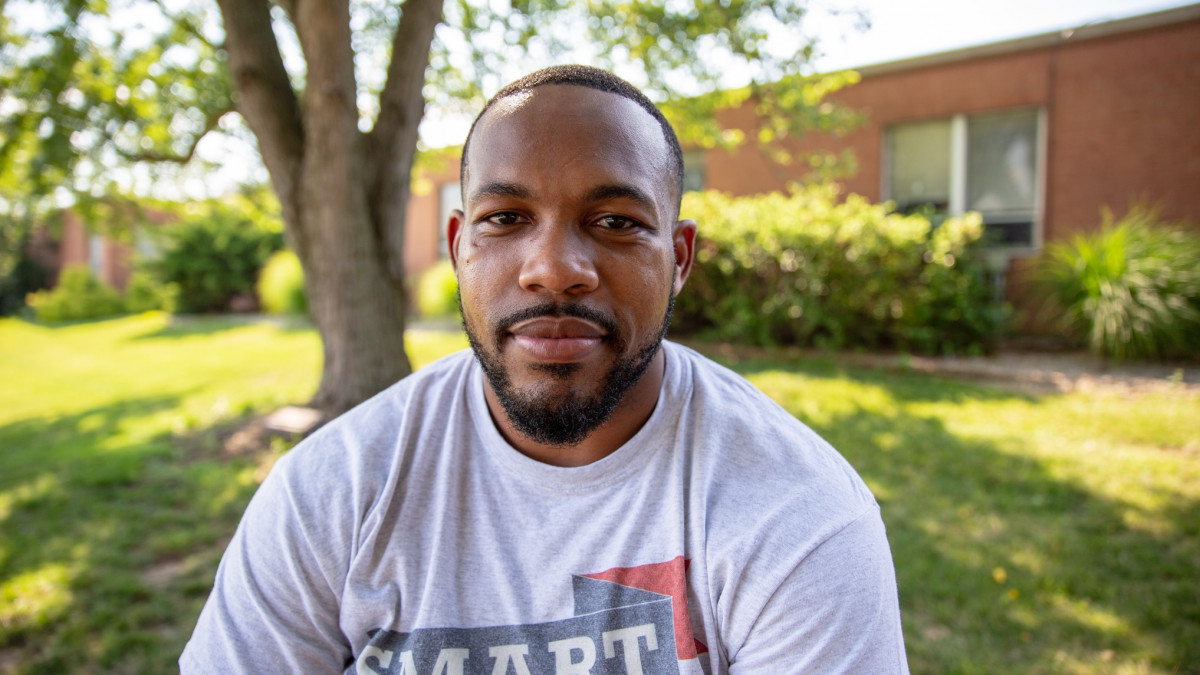 THE BO(U)LDER QUESTION: Racial Justice
THE BO(U)LDER QUESTION: Racial Justice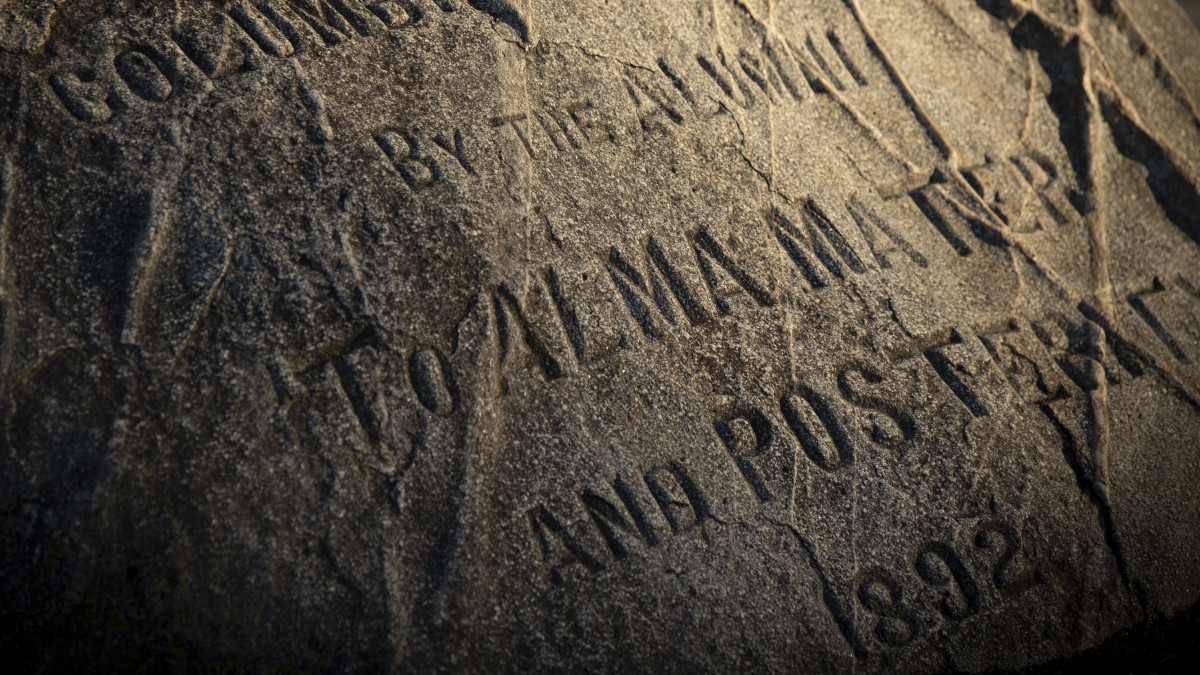 THE BO(U)LDER QUESTION: Racial Justice
THE BO(U)LDER QUESTION: Racial Justice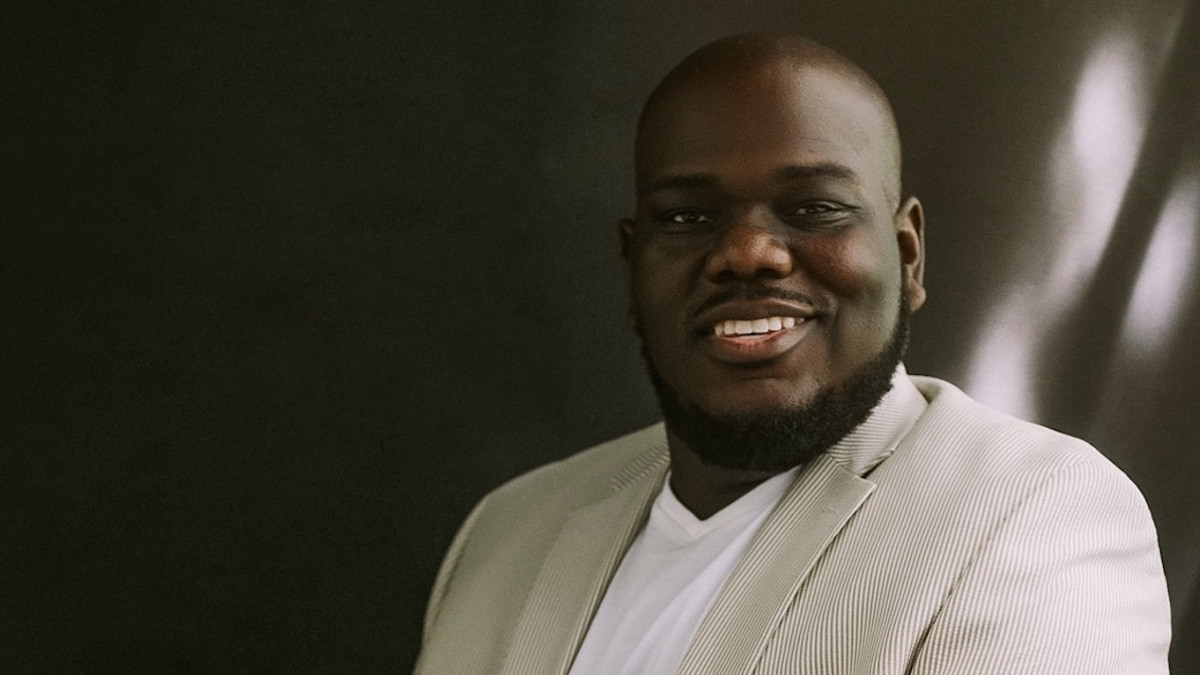 THE BO(U)LDER QUESTION: Racial Justice
THE BO(U)LDER QUESTION: Racial Justice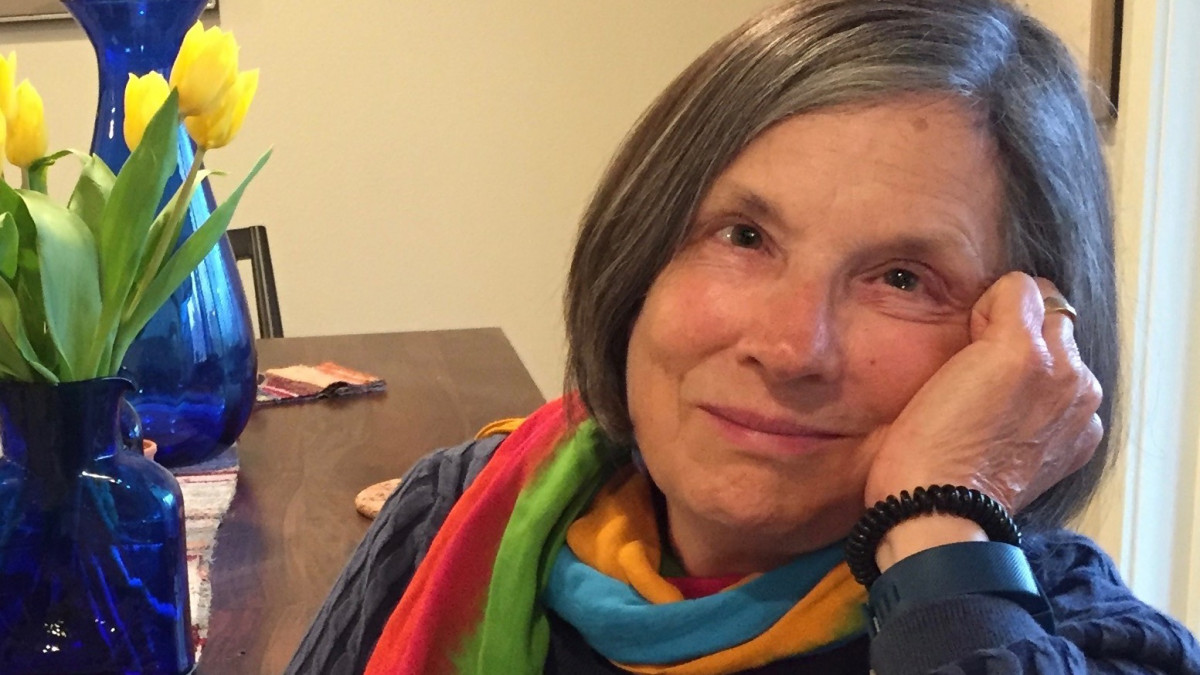 THE BO(U)LDER QUESTION: Racial Justice
THE BO(U)LDER QUESTION: Racial Justice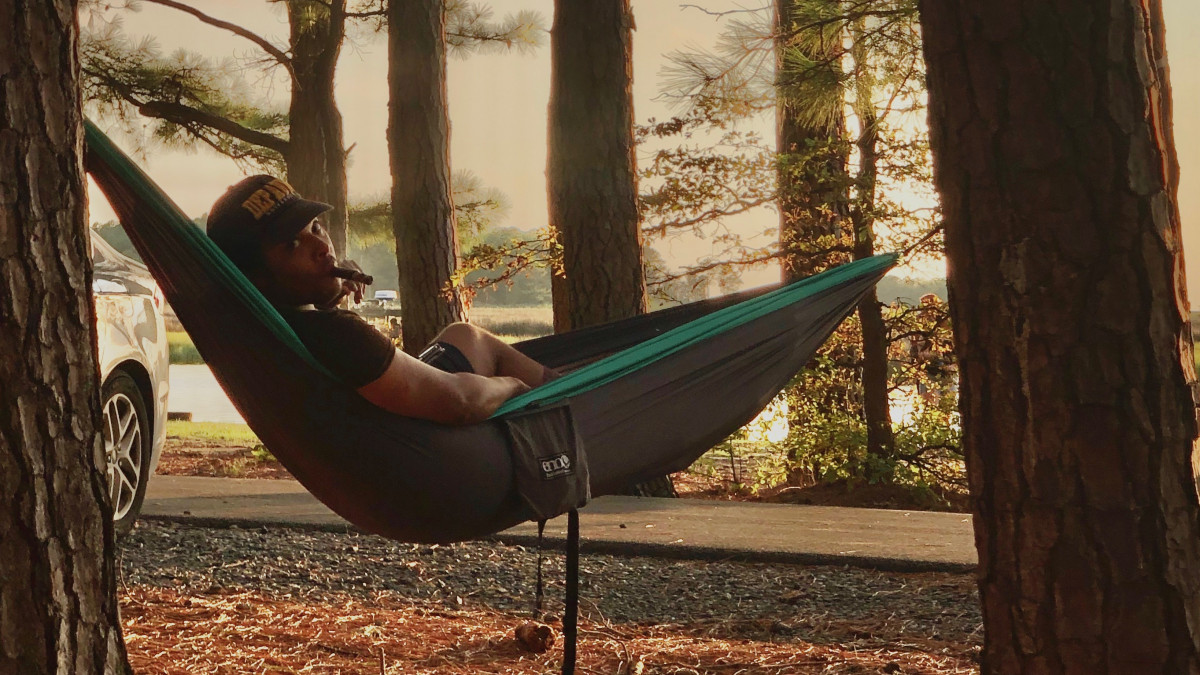 The Bo(u)lder Question: Racial Justice
The Bo(u)lder Question: Racial Justice The Bo(u)lder Question
The Bo(u)lder Question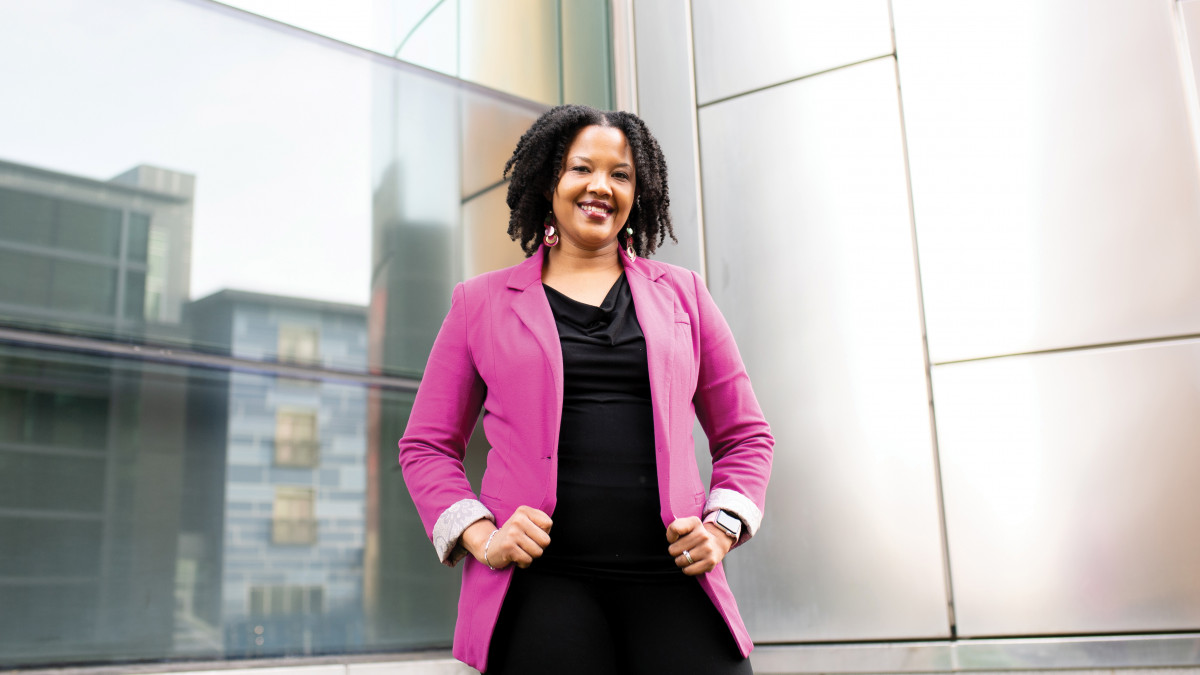 The Bo(u)lder Question: Racial Justice
The Bo(u)lder Question: Racial Justice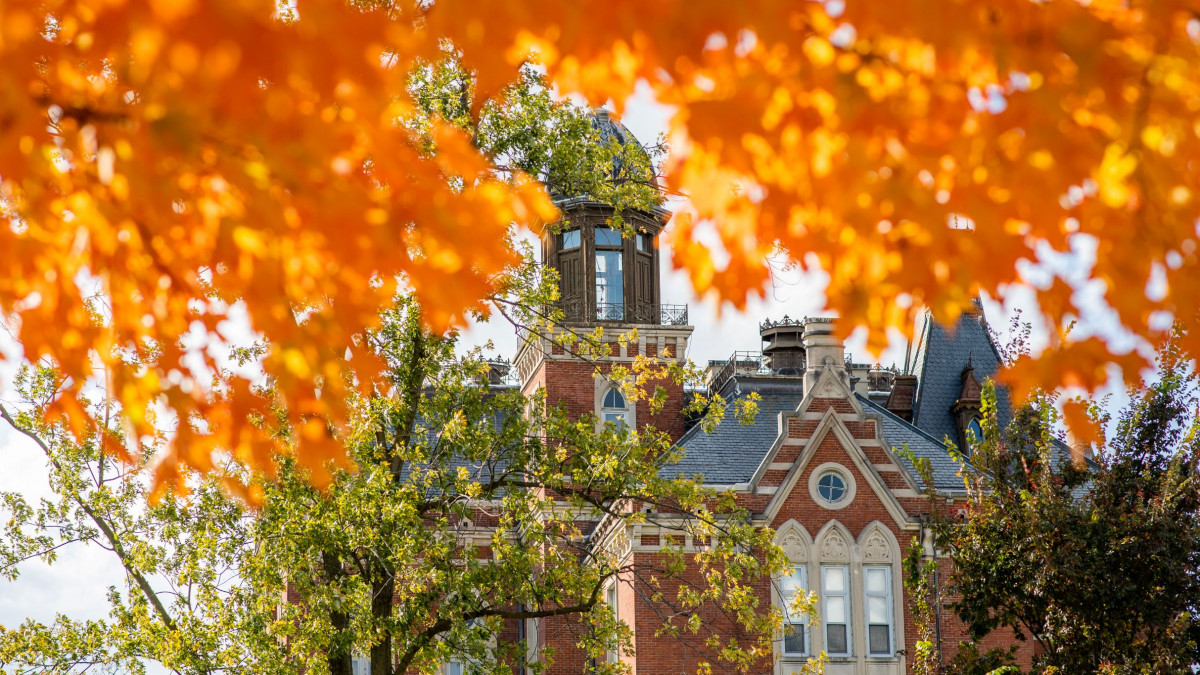 THE PUBLIC SERVANTS: Jane Noble Luljak ’49
THE PUBLIC SERVANTS: Jane Noble Luljak ’49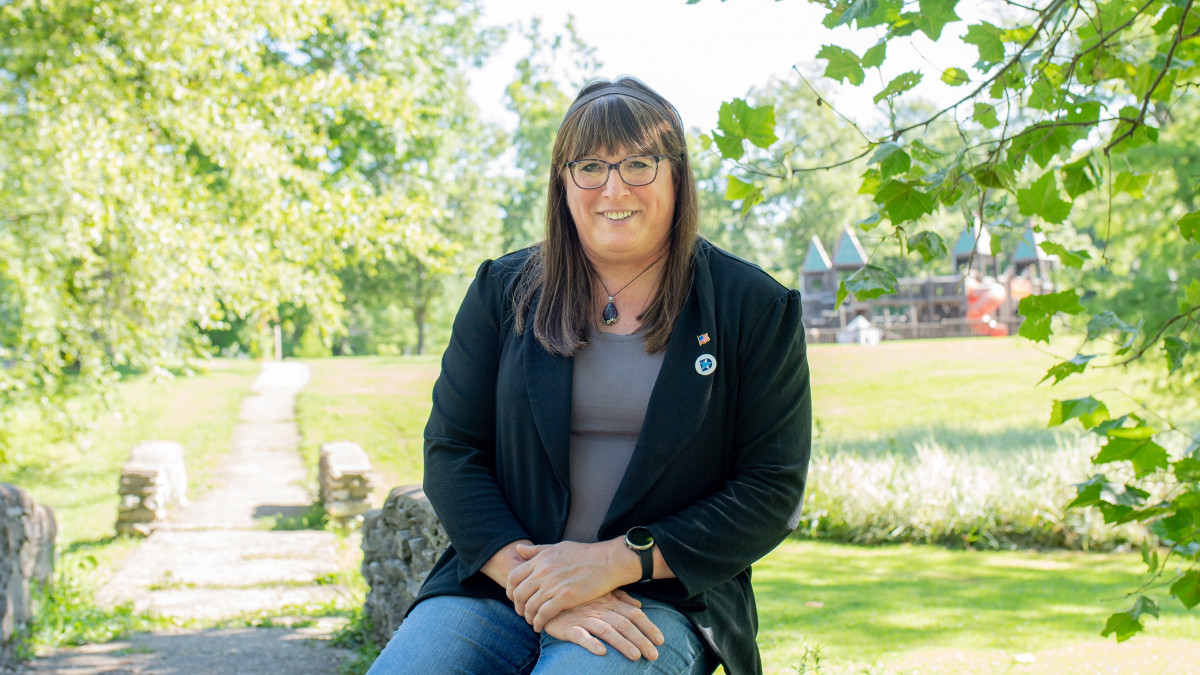 THE PUBLIC SERVANTS: Veronica Pejril
THE PUBLIC SERVANTS: Veronica Pejril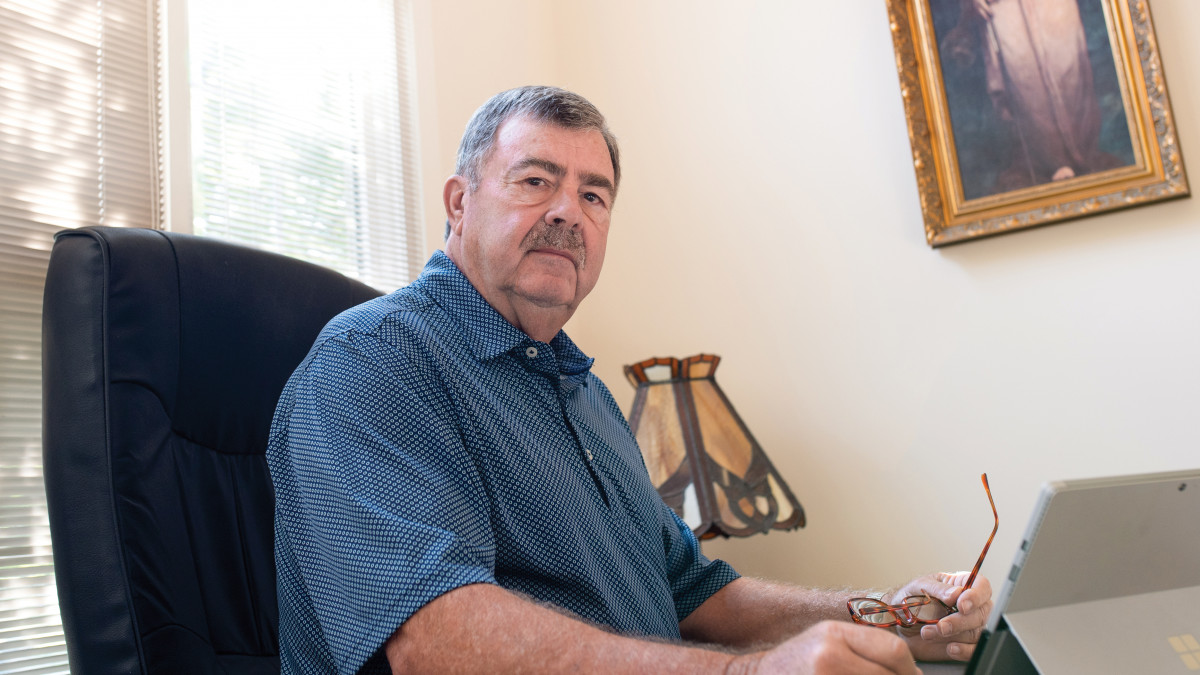 THE PUBLIC SERVANTS: Terry Crone ’74
THE PUBLIC SERVANTS: Terry Crone ’74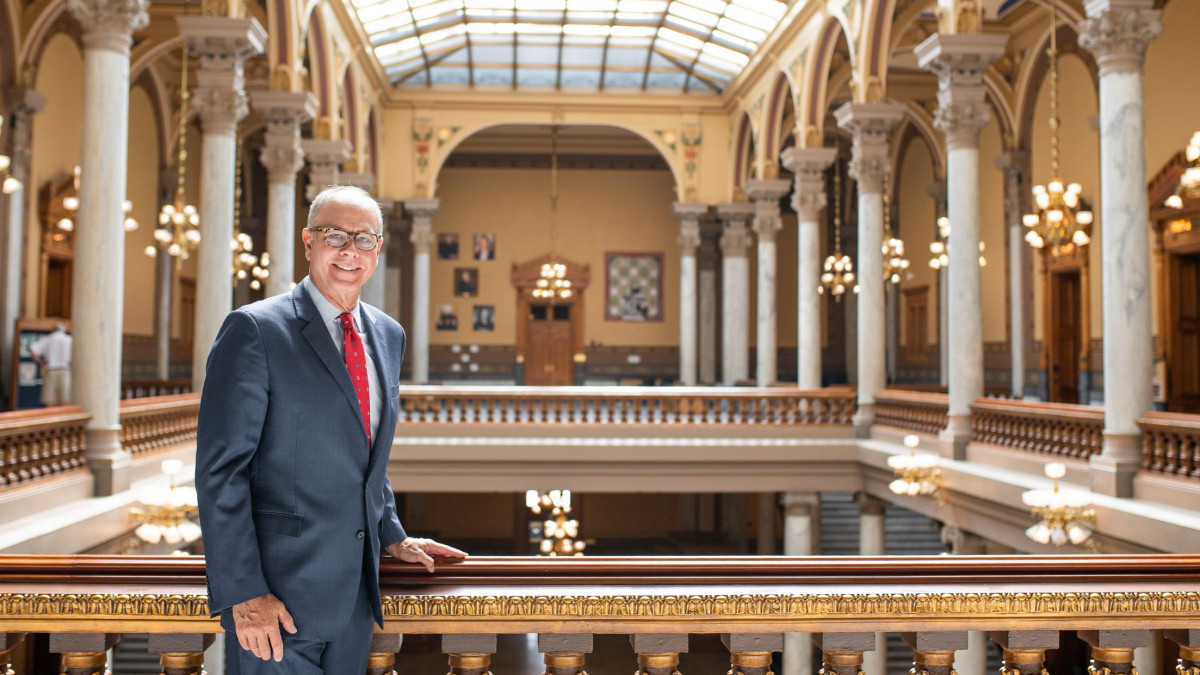 THE PUBLIC SERVANTS: John Hammond ’76
THE PUBLIC SERVANTS: John Hammond ’76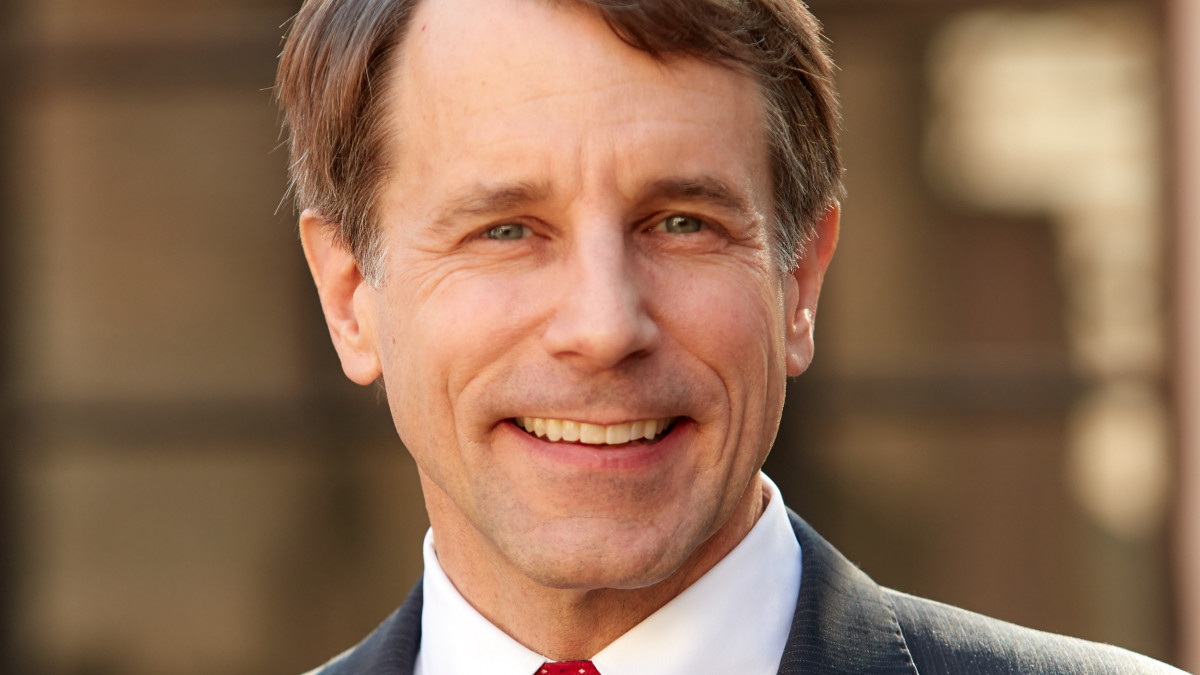 THE PUBLIC SERVANTS: Dave Jones ’84
THE PUBLIC SERVANTS: Dave Jones ’84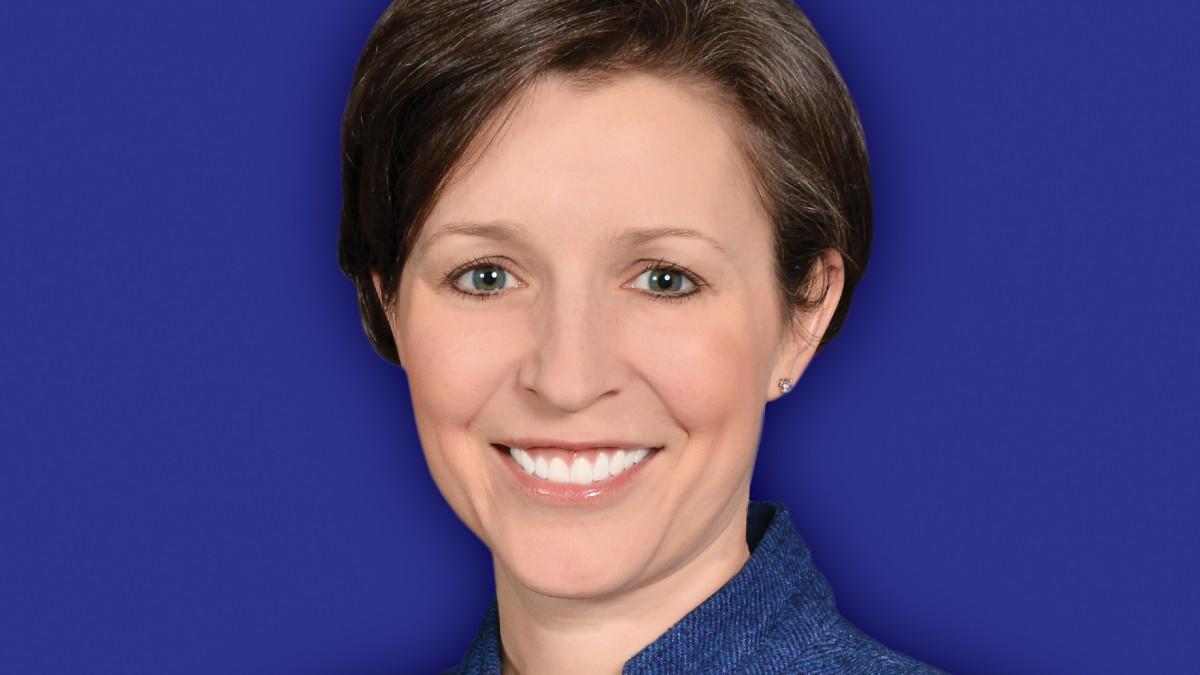 THE PUBLIC SERVANTS: Lucy Ferguson VanMeter ’97
THE PUBLIC SERVANTS: Lucy Ferguson VanMeter ’97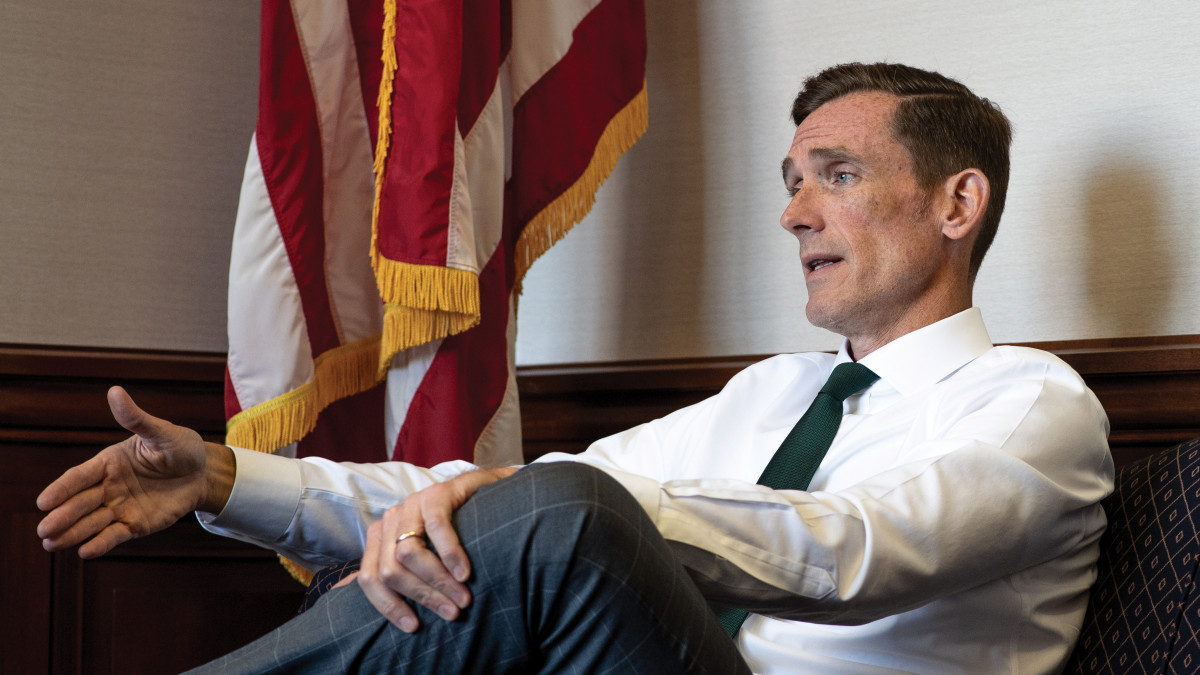 THE PUBLIC SERVANTS: J.P. Hanlon ’92
THE PUBLIC SERVANTS: J.P. Hanlon ’92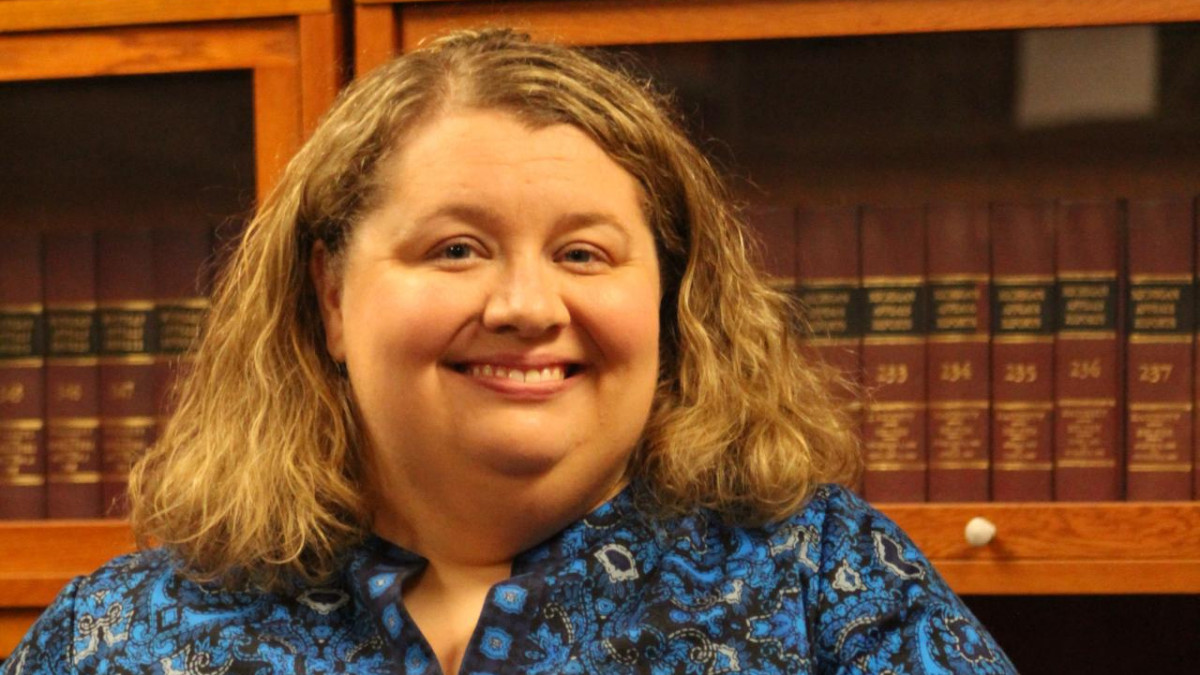 THE PUBLIC SERVANTS: Brittany Bulleit ’05
THE PUBLIC SERVANTS: Brittany Bulleit ’05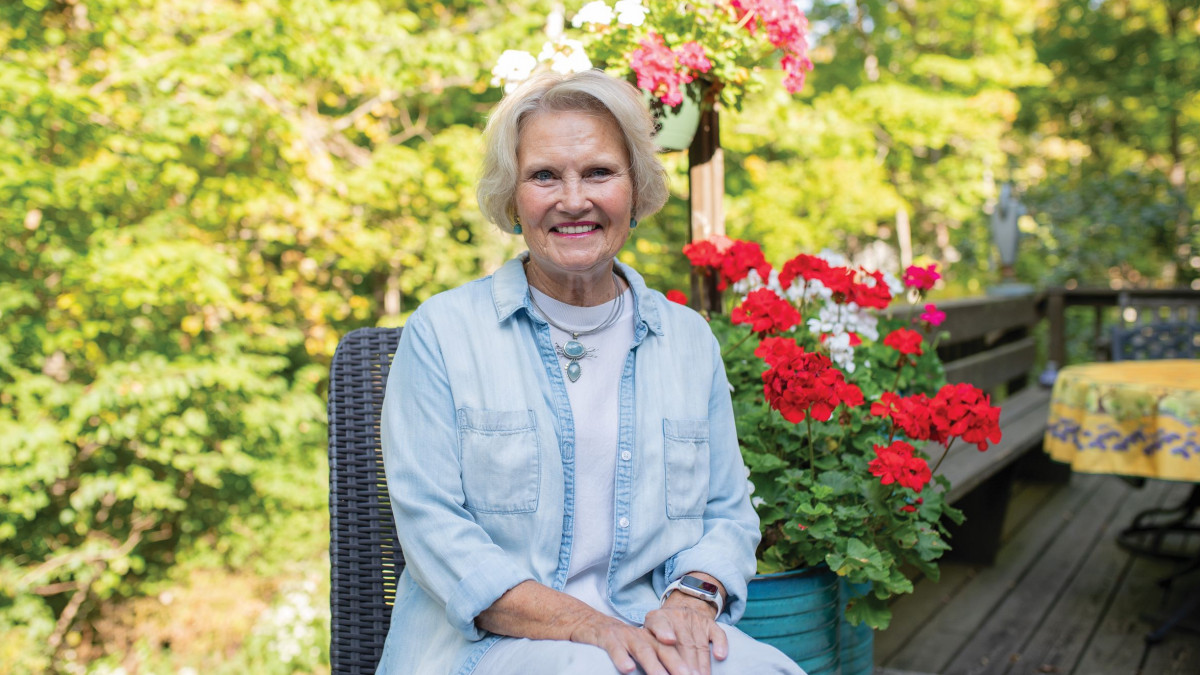 THE PUBLIC SERVANTS: Sue Anne Starnes Gilroy ’70
THE PUBLIC SERVANTS: Sue Anne Starnes Gilroy ’70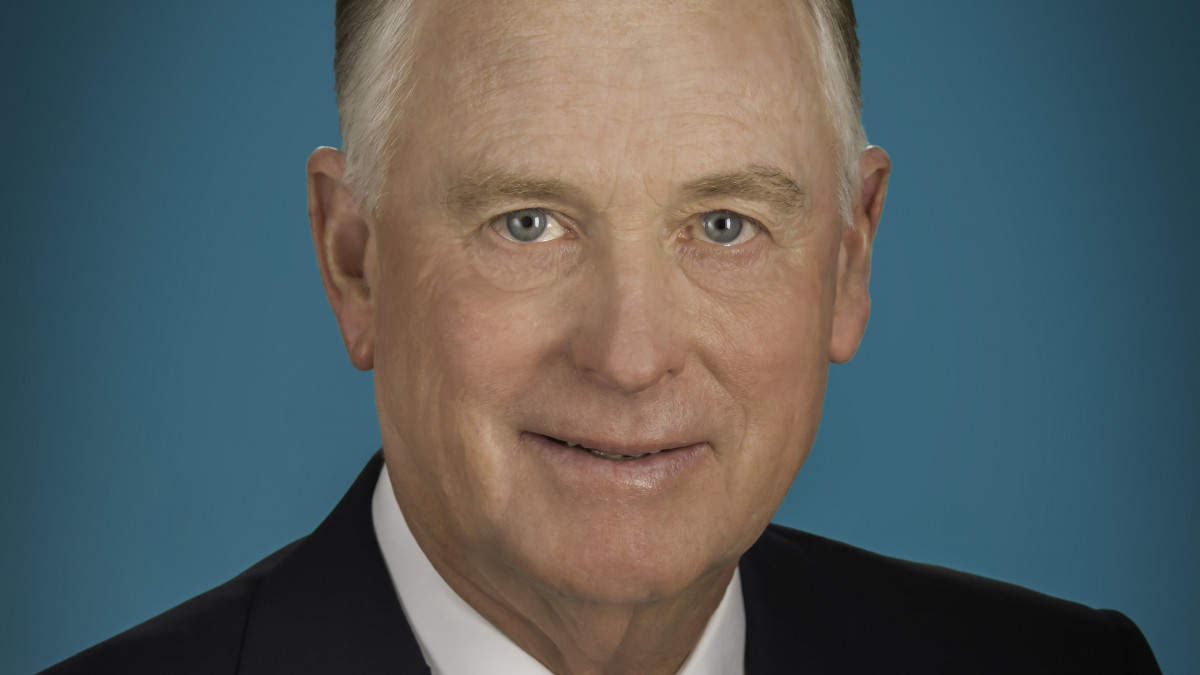 THE PUBLIC SERVANTS: Dan Quayle ’69
THE PUBLIC SERVANTS: Dan Quayle ’69 THE PUBLIC SERVANTS: Shatrese Flowers ’95
THE PUBLIC SERVANTS: Shatrese Flowers ’95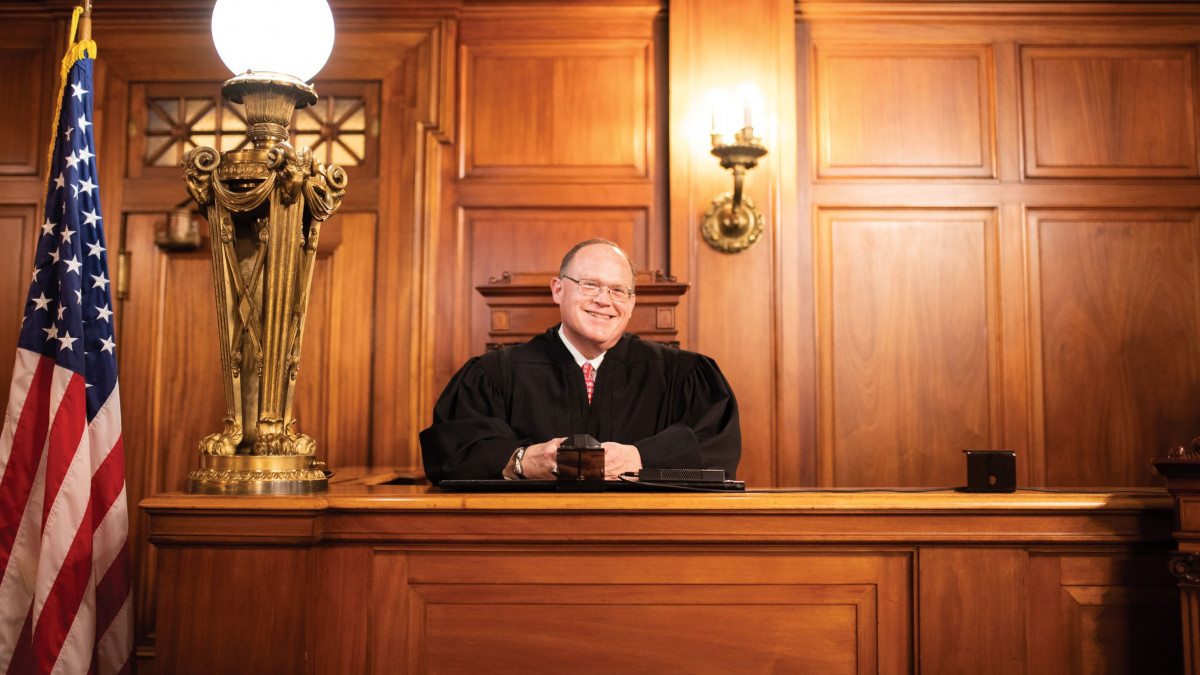 THE PUBLIC SERVANTS: C. Shea Nickell ’81
THE PUBLIC SERVANTS: C. Shea Nickell ’81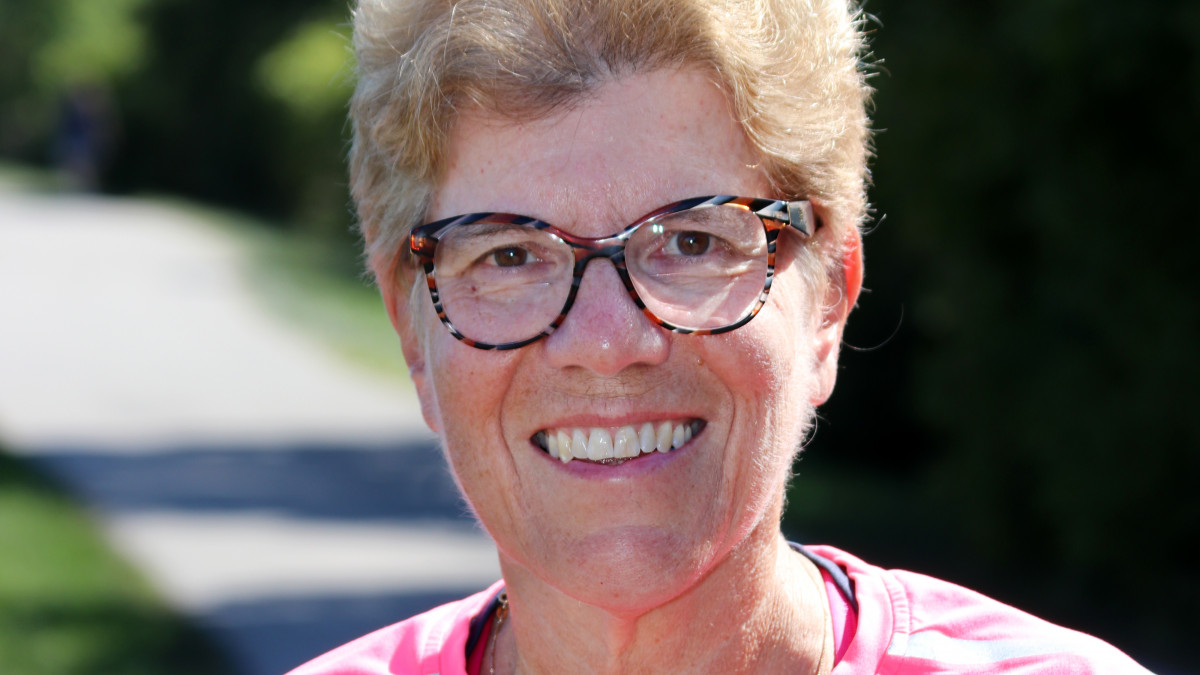 The Public Servants: Nancy Boyer ’73
The Public Servants: Nancy Boyer ’73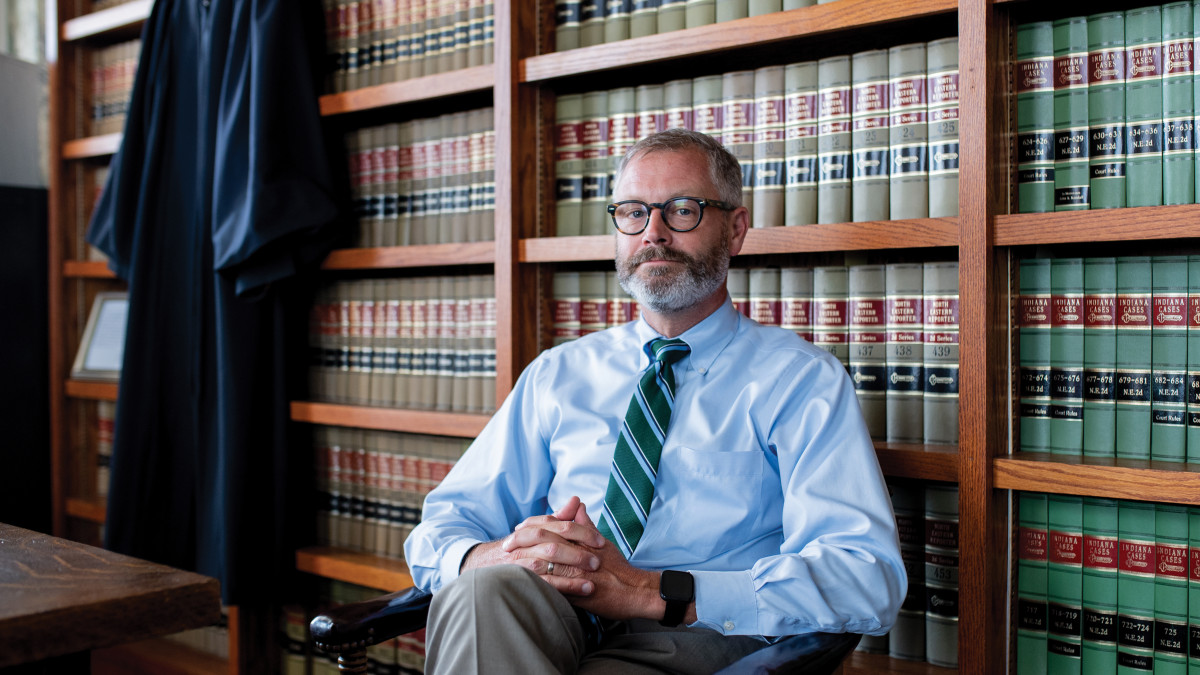 THE PUBLIC SERVANTS: Matthew Kincaid ’92
THE PUBLIC SERVANTS: Matthew Kincaid ’92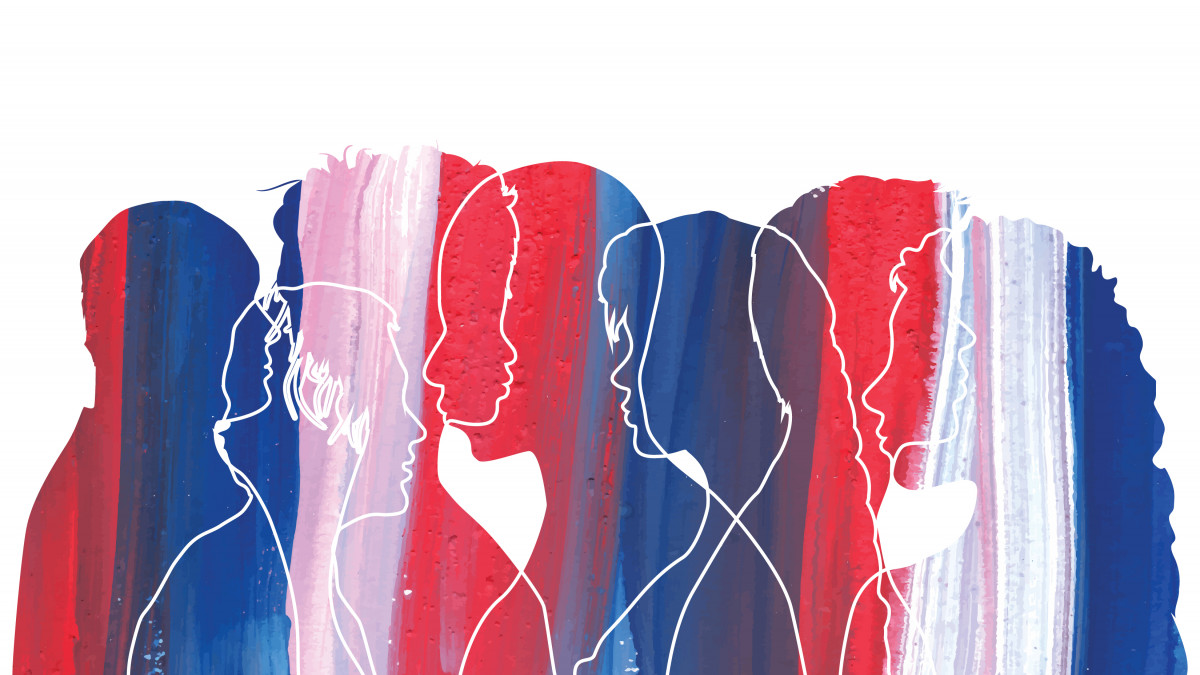 The Public Servants
The Public Servants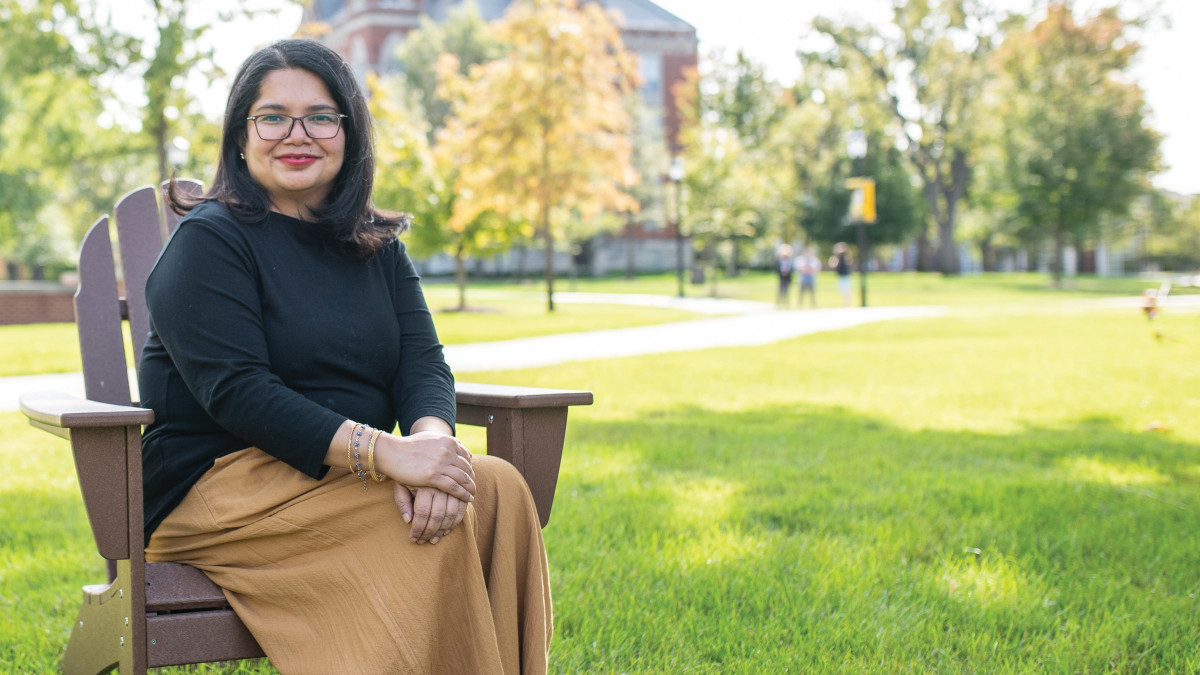 Profs see promise in poli sci, history students who plan public service careers
Profs see promise in poli sci, history students who plan public service careers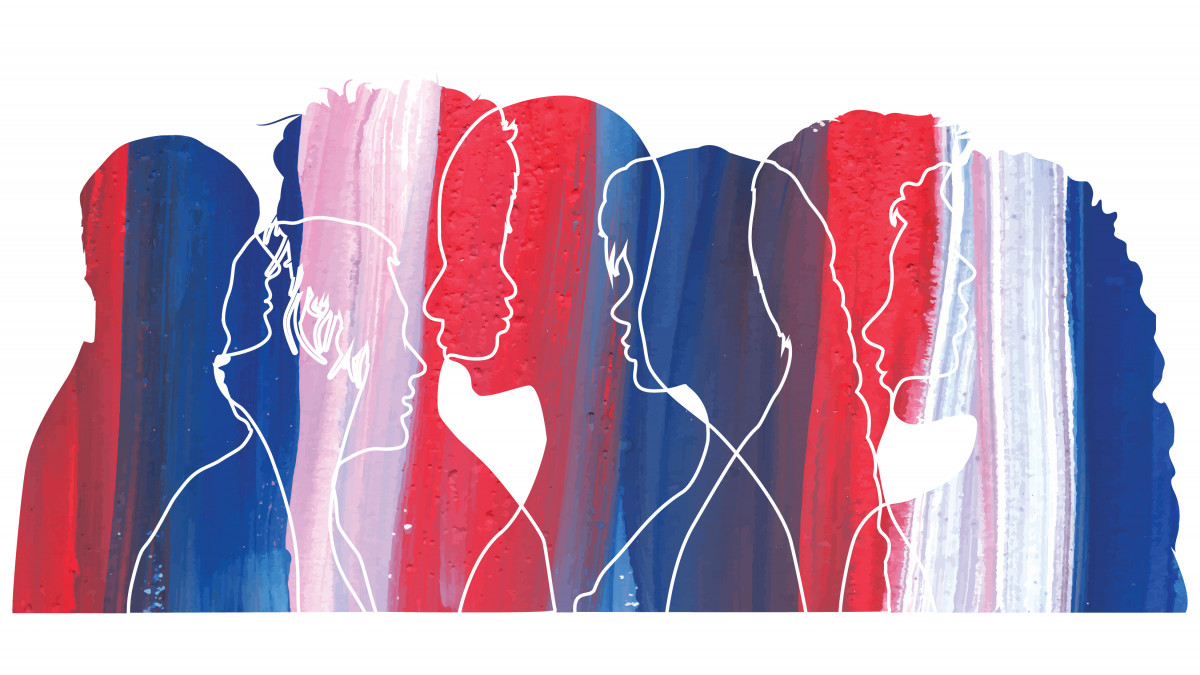 Stimulated and prepared by DePauw, alums work to serve others
Stimulated and prepared by DePauw, alums work to serve others
DePauw Stories
A GATHERING PLACE FOR STORYTELLING ABOUT DEPAUW UNIVERSITY
Browse other stories
-
Athletics
-
Men's Lacrosse - Tigers Fall to Wittenberg
-
Baseball - DePauw Tops Rose-Hulman in Home Finale
-
Men's Tennis - Pia Chosen NCAC Men's Tennis Athlete of the Week
More Athletics
-
-
News
-
Little 5 makes big splash through philanthropy and service
-
Greencastle Celebrates National Main Street Day with Small Business Breakfast, New Program Launch, and Spring Pitch Competition
-
Hirotsugu "Chuck" Iikubo ’57 remembered as thoughtful leader, advocate for international goodwill
More News
-
-
People & Profiles
-
11 alums make list of influential Hoosiers
-
DePauw welcomes Dr. Manal Shalaby as Fulbright Scholar-in-Residence
-
DePauw Names New Vice President for Communications and Strategy and Chief of Staff
More People & Profiles
-
-
Have a story idea?
Whether we are writing about the intellectual challenge of our classrooms, a campus life that builds leadership, incredible faculty achievements or the seemingly endless stories of alumni success, we think DePauw has some fun stories to tell.
-
Communications & Marketing
101 E. Seminary St.
Greencastle, IN, 46135-0037
communicate@depauw.eduNews and Media
-
News media: For help with a story, contact:
Bob Weaver, Senior Director of Communications.
bobweaver@depauw.edu.